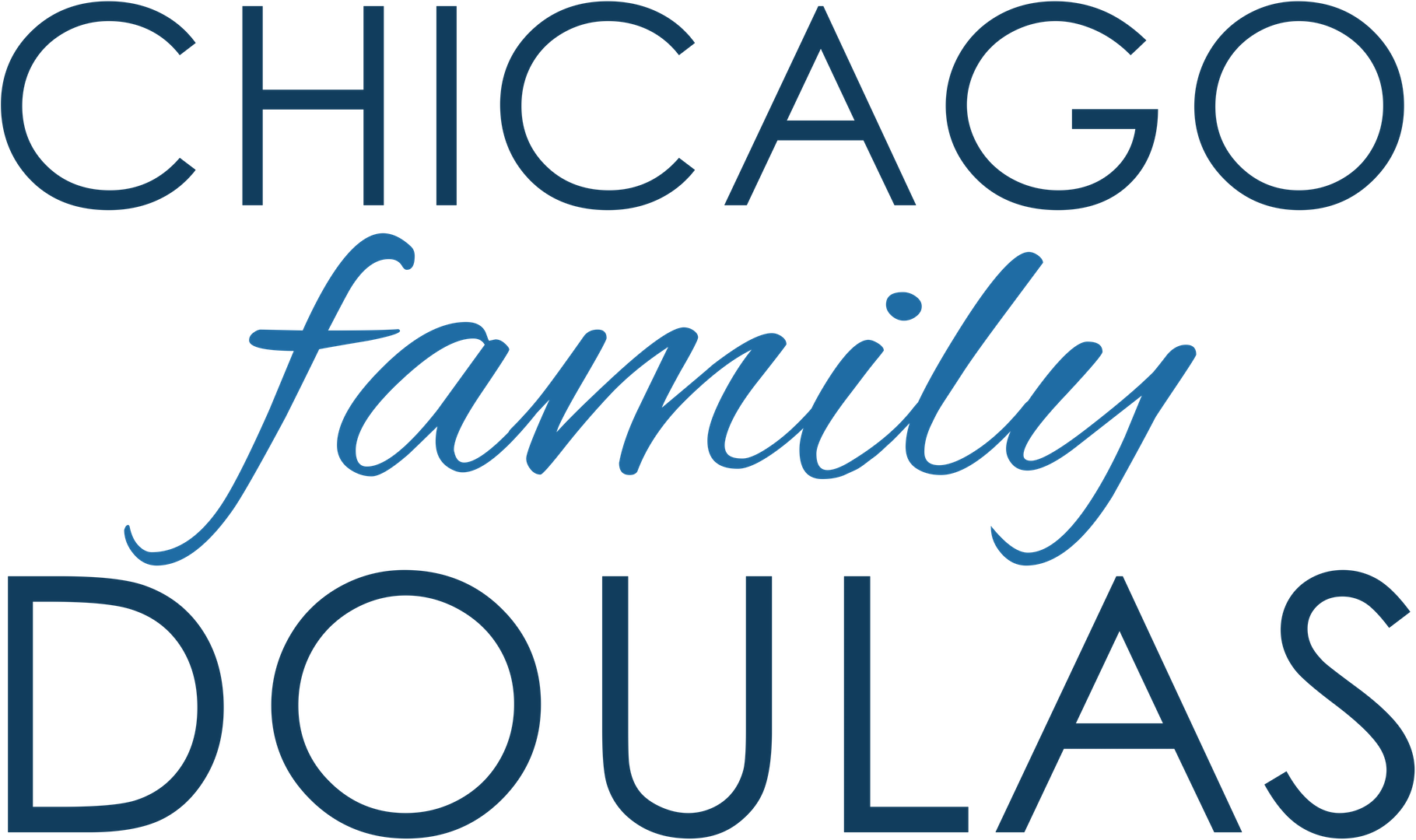 The 3 myths pertaining to massage during pregnancy
The 3 myths pertaining to massage during pregnancy
- A pregnant woman should not receive a massage in her first trimester.
- A pregnant woman cannot receive deep tissue/clinical massage.
- A massage therapist should not work on a pregnant woman’s feet due to pressure points.
These are all untrue and should be explored further.
-
A pregnant woman should not receive a massage in her first trimester.
80% of miscarriages occur in the first 12 weeks of pregnancy. While this number is high, it is extremely unlikely a massage would be the cause. A massage therapist that has attended a reputable prenatal massage certification will be aware of any/or all contraindications that would affect the mother. If there are higher medical risk considerations, discussing with their medical provider may be helpful to determine if massage is appropriate. A first trimester client can lay on her side, back or stomach.
-
A pregnant woman cannot receive deep tissue/clinical massage.
A pregnant woman is often times the healthiest she has ever been. With the continuous changes occurring to her body, the amount of strain on the musculoskeletal system is significant. Deep tissue massage can be extremely effective in alleviating discomfort from low back/hip pain, neck and shoulder pain, to tired sore feet. Deep tissue massage is contraindicated on the inner thigh and abdominal region throughout the entire pregnancy.
-
A massage therapist should not work on a pregnant woman’s feet due to pressure points.
There are 3 pressure points in the foot and ankle that may help stimulate uterine contractions: One between the 1st and 2nd toe and two around the inner aspect of the ankle bone. These points are very specific and difficult to stimulate unless they are being activated by a trained hand. A pregnant woman’s feet often ache and swell; massage can be an effective tool in alleviating discomfort.
When looking for a massage therapist certified in prenatal massage there are few things to take into consideration. There are several prenatal massage certifications varying from online courses to 5 day in-classroom courses. The classroom certifications are generally more thorough and an instructor is available to provide constructive feedback. Massage therapists learn contraindications such as not to use hot packs or certain aromatherapies. They learn different positional considerations to accommodate their client throughout their pregnancy. If a pregnant woman is unsure about whether massage is a good option for her, she should consult with her medical provider. But in low risk situations, massage is not only safe, but helpful in alleviating many of the discomforts she may experience during her pregnancy.
Guest Post, Written by Becca Grimwade Brown, LMT






It’s really interesting that you touched on a pregnant woman being the healthiest that she has probably ever been. My spouse is going through her first pregnancy and I want to make sure that she is feeling good. I think some deep tissue massages would be great for her and help her feel much more comfortable.
Thank you!!